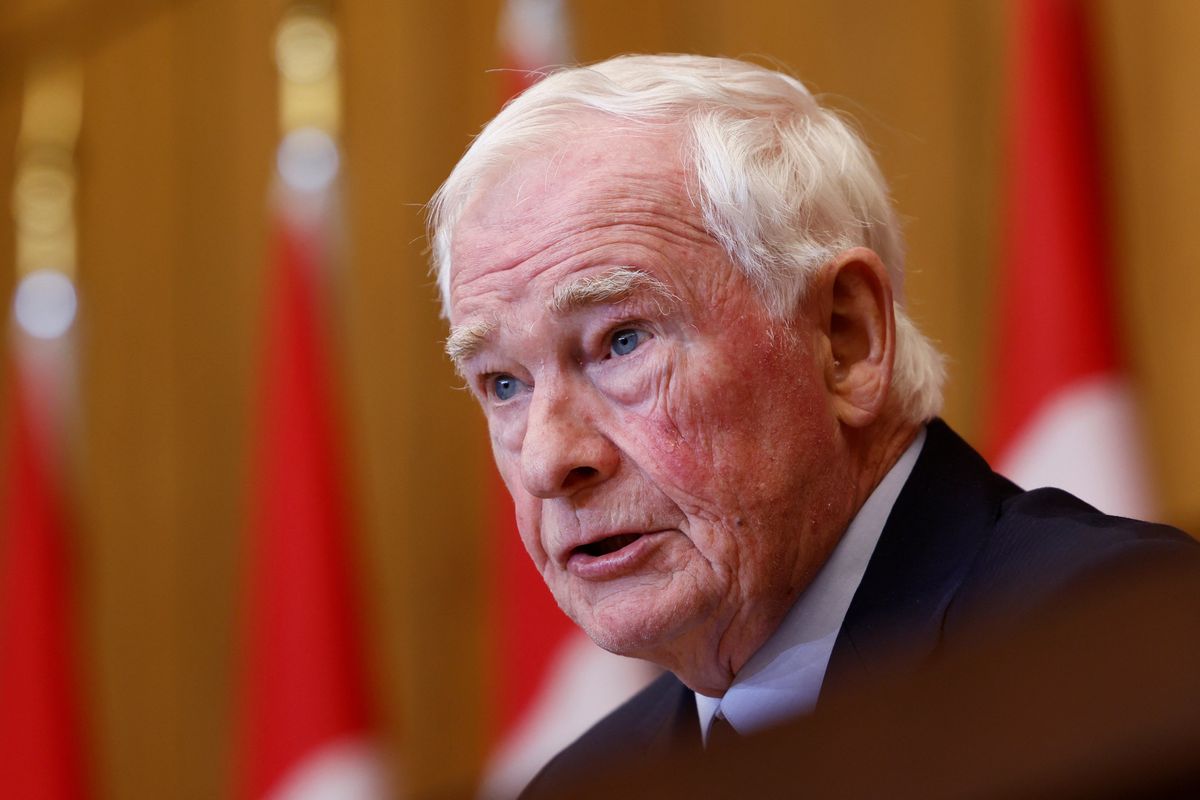The foreign interference saga continues in Canada. Last week, former Governor General David Johnston, who helmed an investigation into alleged Chinese election meddling and recommended against a public inquiry despite opposition calls for one, resigned as special rapporteur amid torqued claims that he was too close to PM Justin Trudeau. Days earlier, the House of Commons passed a motion asking him to resign.
When Johnston resigned, the government called the opposition’s bluff on the inquiry, asking them to supply suggestions for who might lead it and how it’ll keep secret all the sensitive information involved. Not to be outdone by Liberals, the Conservatives said they would cooperate with other opposition parties to come up with some ideas.
For now, attention is focused on Chinese election interference, but past chatter has pointed to other countries of interest, including Russia and India.
In the US, meanwhile, there has been concern with Russian interference in American elections, and the country has conducted two foreign meddling probes. A 2020 Senate panel found that Russia interfered in the 2016 election. In 2022, attention turned to Chinese interference in the midterms on social media and through hacking operations. With races heating up for Biden and Trudeau in 2024 and 2025, expect more concern about foreign meddling on both sides of the border.






